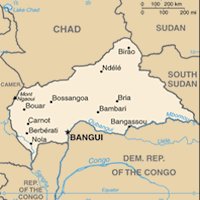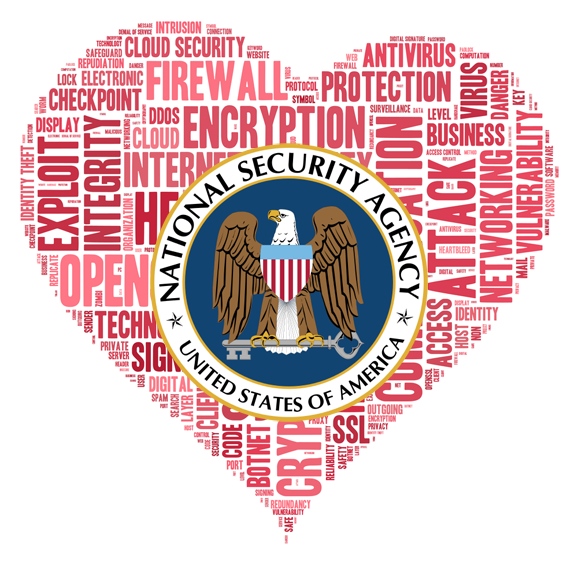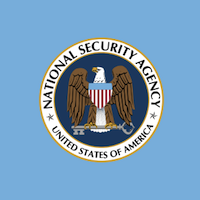 Back in January the United Nations leadership had suggested that 10,000 more peacekeepers were needed in Central African Republican, but other mounting crises in more strategically prioritized places (Ukraine, for example) seem to have dragged out the process of authorizing them.
Back in January the United Nations leadership had suggested that 10,000 more peacekeepers were needed in Central African Republican, but other mounting crises in more strategically prioritized places (Ukraine, for example) seem to have dragged out the process of authorizing them.
Today, the UN Security Council finally voted unanimously — another good sign of the total lack of importance to the major powers, since China and Russia have no countervailing interest against the dominant French there — to send 10,000 more peacekeeping troops and 1,800 police peacekeepers. Their primary focus will be to shore up the embattled capital, its internally displaced refugee population, and the transitional government. A million people (a fifth of the population) have been displaced, as roving religious militias and “self-defense” forces rove the countryside destroying villages in reciprocal attacks.
The need for fresh troops became particularly urgent as neighboring regional power Chad announced its intention to withdraw its forces from the 6,000 strong African Union multinational intervention force. (Most of that force will be replaced by the new UN force, rather than supplemented.) Chad’s move followed mounting accusations (which were probably true) that it was not a benevolently intervening impartial force but was rather a full-fledged party to the conflict.
Although it’s never been entirely clear just how much meddling Chad’s government was doing before the reciprocal atrocities in C.A.R. began last year, many Christian civilians on the ground had become convinced (rightly or wrongly) that Chad was taking sides and facilitating Muslim militia activities. As a result, various Christian militia groups had begun attacking Chadian peacekeepers more and more frequently, culminating in an alleged recent massacre of Christians (supposedly in self-defense) — all of which prompted their decision to depart. The UN’s newly expanded force will mostly be coming from other African nations, like the existing peacekeepers, but UN officials seem relieved to have Chad’s controversial troops out of the picture, without needing to ask them not to participate anymore.
Meanwhile, the better-trained and more experienced French peacekeeping troops are badly outnumbered for the task assigned, to the point that they have been accused of only protecting Christian refugees and watching without acting as Muslims have been murdered in front of them by the now dominant Christian militias (in an eerie parallel to the French force protecting retreating Hutu militias in 1994, at the end of the Rwandan genocide led by Hutu extremists). Other troops from the European Union, previously authorized at the UN, have largely not yet materialized, months later.
It’s clear a bigger force is needed in Central African Republic, and one at least as large as has just been authorized. But will it once again be too little too late?




 One man is alleging
One man is alleging 
 Hey guys, remember how the NSA is actually beneficial because they
Hey guys, remember how the NSA is actually beneficial because they  Back in January the United Nations leadership had
Back in January the United Nations leadership had